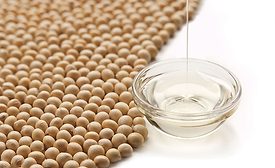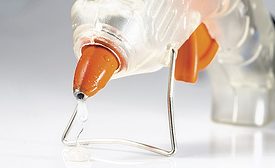Paint and Coating Resins & Polymers
High-Solids Reactive Oligomers Derived from Soybean Oil
Synthesis, Characterization and Their Application Potential
May 1, 2016
Biobased Succinic Acid: The Flexible, Hard Renewable Acid
for Solvent-Based Liquid Polyester Resins for Protective Metal Coatings
May 1, 2016
Upcycling from Water Bottles to Protective Coatings
A New Approach and a New Life – Part II
April 4, 2016
Novel 2K Waterborne Fluorourethane
Performance Comparison of Waterborne and Solventborne Fluoro Coatings
March 2, 2016
Twisting Resin Properties
Polycaprolactones – a Versatile Tool to Modify Coatings Formulations
Read More
Keep the info flowing with our eNewsletters!
Get the latest industry updates tailored your way.
JOIN TODAY!Copyright ©2024. All Rights Reserved BNP Media.
Design, CMS, Hosting & Web Development :: ePublishing











